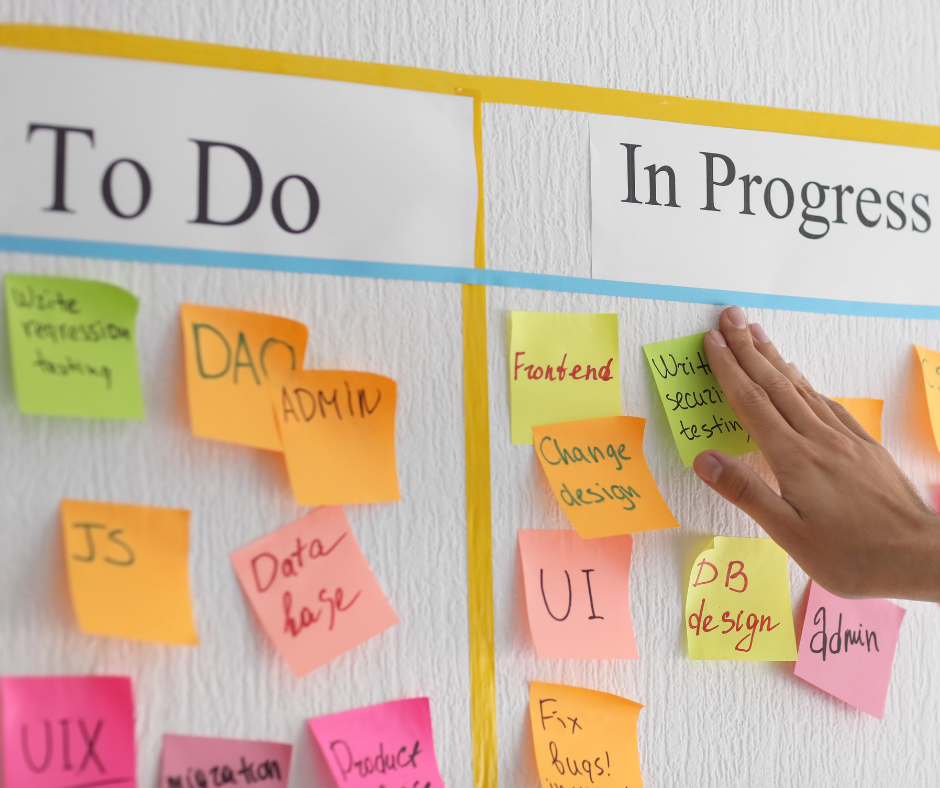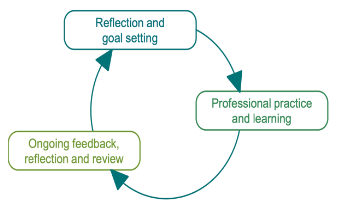Professional Goals

‘Practice design, not decoration: Don’t just make pretty talking points. Instead display information in a way that makes complex information clear.”
Nancy Durate
There has been an undeniable erosion of the value and status of the teaching profession. Teacher accreditation that is based on evidence, and a continuous program of improvement and professional learning is more likely to stem further erosion in the status of the teaching profession.
Teaching is a profession, and accreditation is an individual statement.
The AITSL Teaching Standards and Performance and Development model frame state and territory models of accreditation. Professional development plans (PDP) create the opportunities for professional learning, and growth as a professional.

The Performance and Development toolkit for teachers that AITSL provides is a useful resource. The toolkit describes performance and development as a continuous cycle.
Professional goals are part of Performance and Development plans and are required to complete registered hours from priority areas that reflect current systemic and government policy. The PDP process applied in NSW stemmed from discussions between the NSWTF and the Education Department. The process centred on professional dialogue, goal setting, review and negotiated assessment. The implementation of the new PDP is in its early days.
The push to online professional learning and the increasing complexity of schools can squeeze minutes and hours from each day of the week. It is hard work to fit it all in and not fall into maladaptive coping behaviours.
Self-care practices support professional learning, adding to a healthy work/home balance.
Teachers and school leaders are very good at minimizing the importance of their own self-care. They more easily recognise the need to develop self-care practices in others. We are more likely to adopt maladaptive coping strategies when we are met with uncertainty and competing demands for our time.
School leaders and teachers who don’t manage a good work-life balance, or at least a proper work-life blending, will often show evidence of this physical, emotional, and psychological stress which in turn affects their ability to deal with other people.
Professional goals and applying self-care strategies are not mutually exclusive.
By finding ways to care for themselves, to find balance in their lives, and to preserve their own sanity, teachers and school leaders will be able to do a better job of responding to all the people and demands they face daily.
